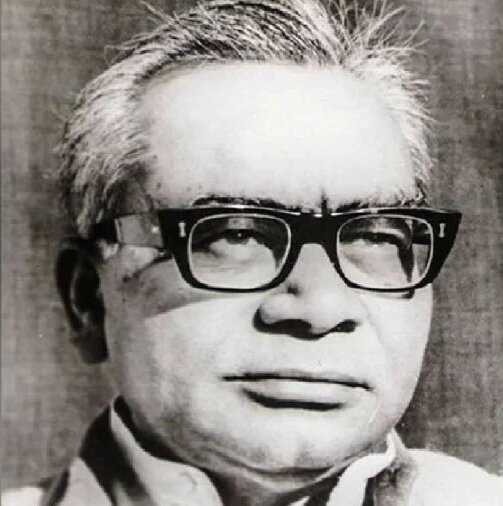Indian History
Dr. Ram Manohar Lohia
- 13 Oct 2020
- 4 min read
Why in News
The Prime Minister of India paid tribute to socialist Dr. Ram Manohar Lohia on his death anniversary.
Key Points
- Birth: 23rd March, 1910 in Akbarpur, Uttar Pradesh
- Brief Profile:
- Indian politician and activist who was a prominent figure in socialist politics and in the movement towards Indian independence.
- Much of his career was devoted to combating injustice through the development of a distinctly Indian version of socialism.
- Socialism refers to a set of political ideas that emerged as a response to the inequalities present in, and reproduced by, the industrial capitalist economy.
- Lohia’s Idea of Socialism:
- Lohia identified five kinds of inequalities that need to be fought against simultaneously: inequality between man and woman, inequality based on skin colour, caste-based inequality, colonial rule of some countries over others, and economic inequality.
- For him struggle against these five inequalities constituted five revolutions. He added two more revolutions to this list: revolution for civil liberties against unjust encroachments on private life and revolution for non-violence, for renunciation of weapons in favour of Satyagraha. These were the seven revolutions or Sapta Kranti which for Lohia was the ideal of socialism.
- Education:
- Bachelor’s degree (1929) from the University of Calcutta and a doctorate (1932) from the University of Berlin, where he studied economics and politics.
- Pre-Independence Role:
- In 1934, he became actively involved in the Congress Socialist Party (CSP), founded that year as a left-wing group within the Indian National Congress.
- A vehement opponent of Indian participation on the side of Great Britain in World War II (1939-45), he was arrested for anti-British remarks in 1939 and again in 1940.
- With the emergence in 1942 of the Quit India movement—a campaign initiated by Mahatma Gandhi to urge the withdrawal of British authorities from India—Lohia and other CSP leaders (such as Jaya Prakash Narayan) mobilized support from the underground. For such resistance activities, he was jailed again in 1944–46.
- Post Independence Role:
- Lohia and other CSP members left the Congress in 1948.
- He became a member of the Praja Socialist Party upon its formation in 1952 and served as general secretary for a brief period, but internal conflicts led to his resignation in 1955.
- He established a new Socialist Party (1955), for which he became chairman as well as the editor of its journal, Mankind.
- He advocated for various socio-political reforms in his capacity as party leader, including the abolition of the caste system, stronger protection of civil liberties, etc.
- In 1963, Lohia was elected to the Lok Sabha, where he was noted for his sharp criticism of government policies.
- Some of his works include: ‘Wheel of History’, ‘Marx, Gandhi and Socialism’, ‘Guilty Men of India’s Partition’, etc.
- Death: 12th October, 1967.






